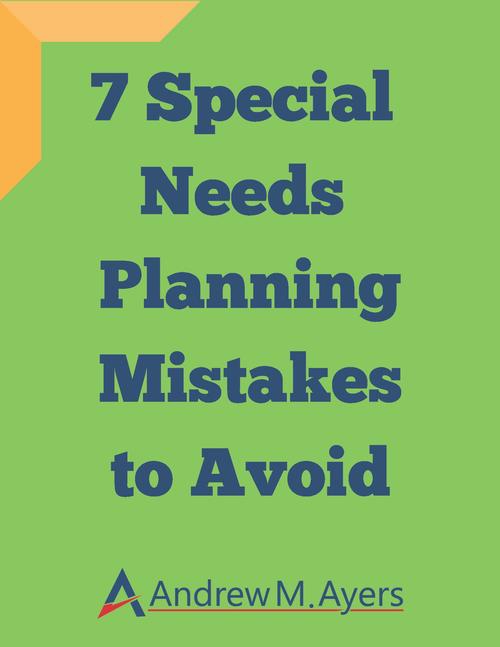 If you have a child in Minnesota who's receiving government benefits, you've probably considered how your estate plan should include special needs planning for your child. The most common document that is used by families is a special needs trust to protect their child's government benefits and provide a plan and security for their child in their estate plan. The trust allows for your child to continue to receive their government benefits, but still receive benefits from your estate plan to enhance their standard of living. There are three types of special needs trusts that we commonly create,
If you have a child in Minnesota who's receiving government benefits, you've probably considered how your estate plan should include special needs planning for your child. The most common document that is used by families is a special needs trust to protect their child's government benefits and provide a plan and security for their child in their estate plan. The trust allows for your child to continue to receive their government benefits, but still receive benefits from your estate plan to enhance their standard of living. There are three types of special needs trusts that we commonly create,
- First-Party Special Needs Trust
- Third-Party Special Needs Trust
- Pooled Trusts
Most clients who are establishing a trust go with a third-party trust for their children. However, if your child has their own assets, a first-party (also called a "Self-Settled") special needs trust may be an option for them.
What is a First-Party Special Needs Trust?
Like other special needs trusts, the first-party trust benefits a person who receives government benefits and is created to set aside assets for the person to supplement the expenses that aren't covered by their government benefits. However, it's different in a few different ways,
- It must be established by a parent, grandparent, guardian or a court.
- It must be an "irrevocable trust" (i.e. it cannot be changed).
- The assets used to create the trust must belong to the beneficiary of the trust.
- The beneficiary must be under 65 when the trust is created.
- When the beneficiary dies, the government is reimbursed.
Should I Create a First-Party Special Needs Trust?
This question is individual to each family, but there are some common situations when a first-party trust may make sense. The common thread is that the person with special needs either has assets or is expecting to receive assets that would impede their ability to continue to receive government benefits.
- Inheritances - a person receiving benefits who receives an inheritance can often lose their benefits. Using a first-party trust, the inheritance can be placed into the trust to prevent the loss of benefits.
- Proceeds from a Lawsuit - if the person receiving benefits is awarded money as part of a lawsuit, the first-party trust can be used to protect their benefits and allow them to accept the proceeds. Some common scenarios include money received as part of a personal injury or medical malpractice case, and can even be used in the context of a divorce if one of the spouses is receiving benefits and is awarded equitable distribution or other support as part of the divorce.
Figuring out which type of trust is best for you and your family is an individual decision. Before you get set on one particular path, speak to a professional about the best options for you and your family.
You May Also Like
Next Steps
If you're in Minnesota and are considering special needs planning for your family, let's set up a Legal Strategy Session to discuss the best options for you and your family.


